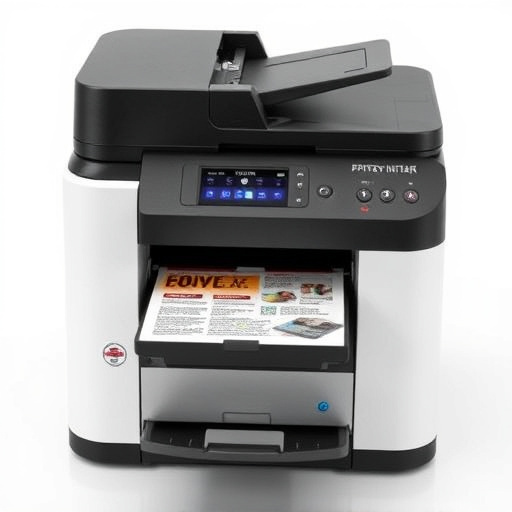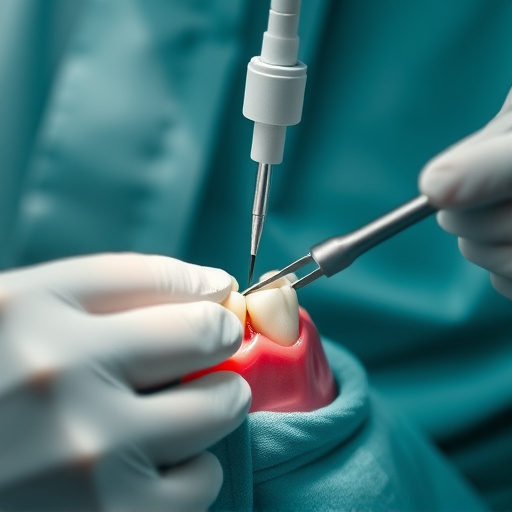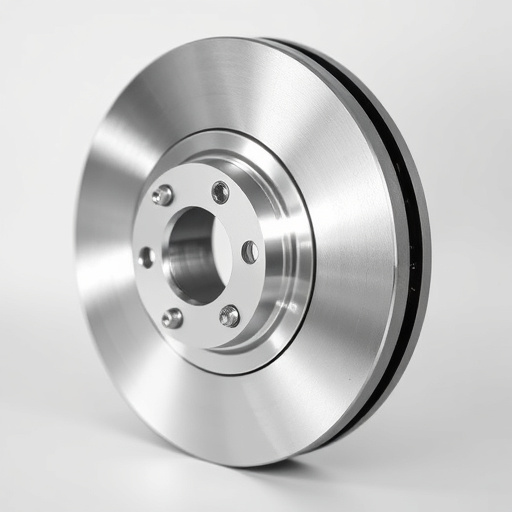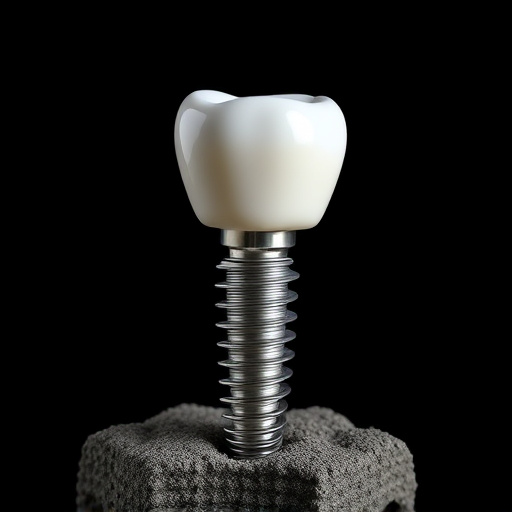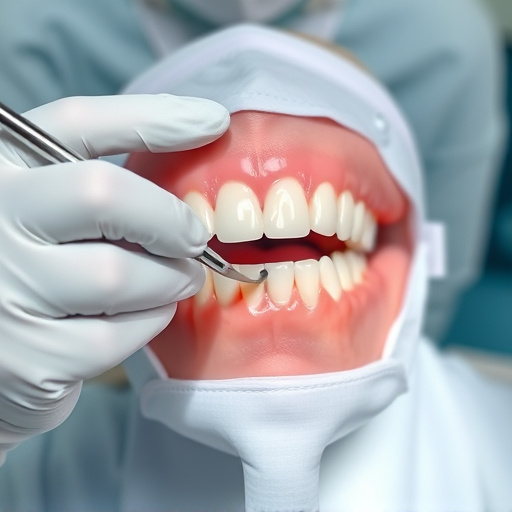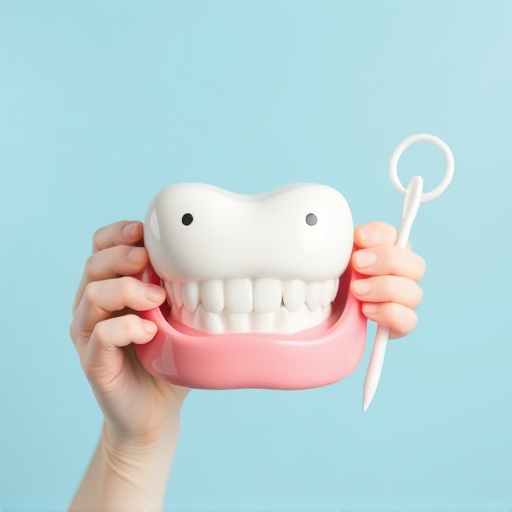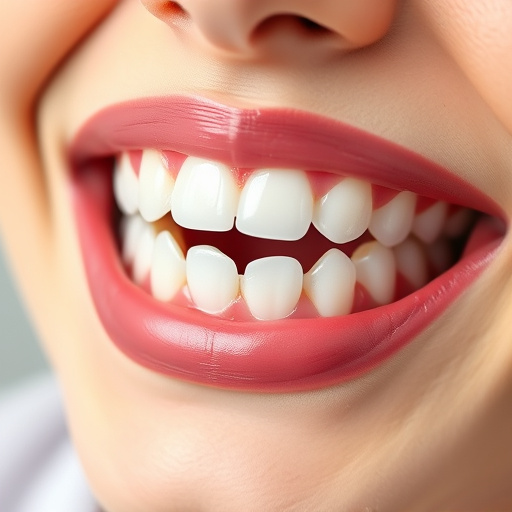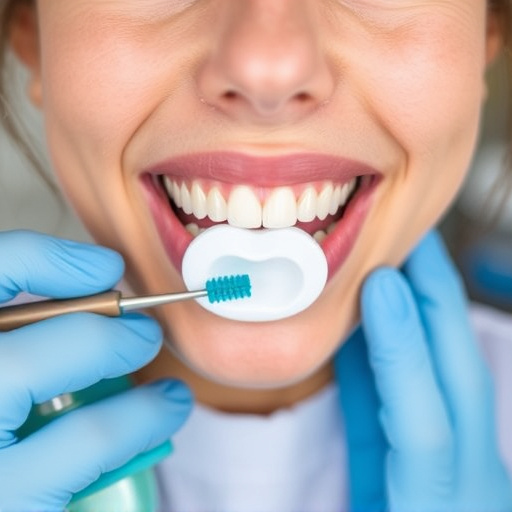Wisdom teeth removal involves a dental professional making an incision in the gum tissue to extract impacted third molars, which can cause pain or damage. Preparation includes consultation, pre-op instructions, and fasting guidelines. Post-surgery care necessitates medication adherence, rest, hydration, soft foods, good oral hygiene, and avoiding smoking until healing is complete. Regular check-ups monitor healing and address concerns promptly.
“Considering wisdom teeth removal? Understand the comfortable, gentle process awaiting you. From pre-op preparation to post-surgery care, this guide navigates every step for a seamless experience. Learn how to anticipate and ease potential discomfort while ensuring a swift recovery. With expert tips on what to expect, you’ll find peace of mind throughout the wisdom teeth removal journey. Optimal care starts here; embrace the path to a healthier smile.”
- Understanding Wisdom Teeth Removal Process
- Preparing for a Comfortable Experience
- Post-Surgery Care and Recovery Tips
Understanding Wisdom Teeth Removal Process
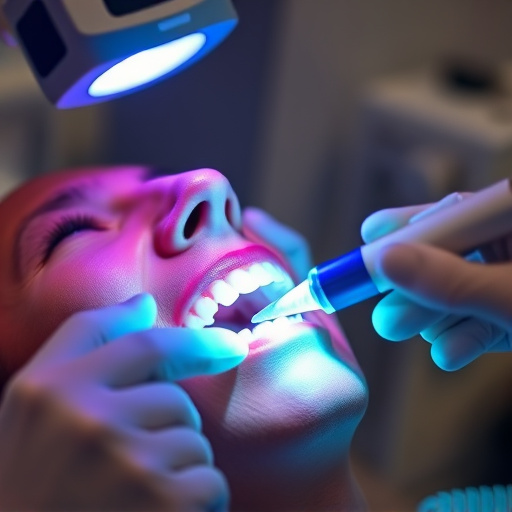
The wisdom teeth removal process is a common dental procedure designed to extract the third molars located at the back of the mouth. These teeth often become impacted, meaning they don’t fully erupt or grow in properly, leading to various issues like pain, infection, and damage to adjacent teeth. Understanding this process is essential for anyone considering wisdom teeth removal.
During the procedure, a dental professional makes a small incision in the gum tissue covering the wisdom tooth. They then carefully remove the tooth, either in one piece or in smaller fragments, depending on its position and the level of impaction. In some cases, additional steps like bone removal or sectioning the tooth might be required to ensure complete extraction. After the tooth is removed, the area is cleaned, and stitches may be used to close the wound, promoting healing. Restorative dentistry techniques, such as teeth cleaning and proper aftercare, play a crucial role in ensuring a smooth recovery and maintaining oral health following wisdom teeth removal.
Preparing for a Comfortable Experience
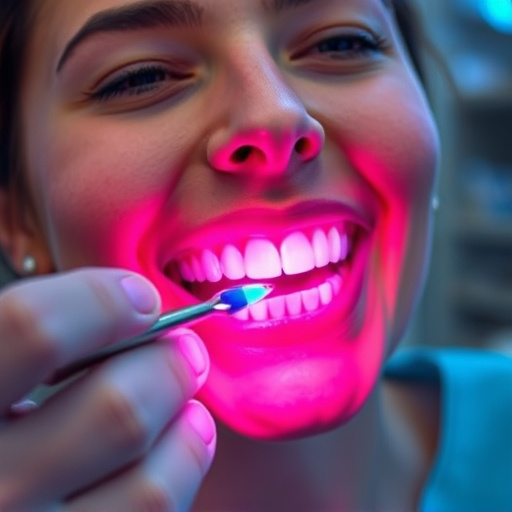
Preparing for wisdom teeth removal can significantly contribute to a comfortable experience. Before the procedure, patients should schedule a consultation with their dentist or oral surgeon. During this meeting, the professional will assess the position and condition of your wisdom teeth, discussing any potential complications. They’ll also address your concerns and provide detailed instructions on what to do before the operation, ensuring you feel at ease. Many dental practices offer various options to make tooth extractions more manageable, including clear aligners that can guide the healing process post-removal.
On the day of wisdom tooth removal, following pre-operative guidance from your dentist is crucial. This may include fasting for a specific period and taking prescribed medications to manage any anxiety or pain. Staying well-hydrated and keeping a soft diet after the procedure will also aid in recovery. Remember, understanding the process beforehand and being proactive with care can make wisdom teeth removal less intimidating and more comfortable.
Post-Surgery Care and Recovery Tips

After your wisdom teeth removal procedure, proper post-surgery care is essential for a smooth recovery. It’s crucial to follow the dentist’s instructions regarding medication and rest. Typically, over-the-counter pain relievers are recommended to manage any discomfort, but prescription medications may be provided for more severe cases. Resting adequately, preferably with your head elevated, can help reduce swelling and ease post-operative pain. Staying hydrated and eating soft, cool foods like yogurt or ice cream is also beneficial during the recovery period.
To maintain optimal health, practice good oral hygiene by gently cleaning your mouth as directed by your dentist. Avoid using a straw for drinking as it can create suction, potentially disturbing blood clots and causing complications. Refrain from smoking, as it impedes healing and increases the risk of infection. Regular check-ups with your family dentistry or cosmetic dentistry professionals will ensure proper tooth repair and monitor your recovery, addressing any concerns promptly.
Wisdom teeth removal no longer has to be a daunting task. By understanding the process, preparing adequately, and following post-surgery care tips, you can ensure a comfortable and gentle experience. Remember that proper oral hygiene and timely intervention are key to a successful recovery, making it easier to navigate this common dental procedure known as wisdom teeth removal.
